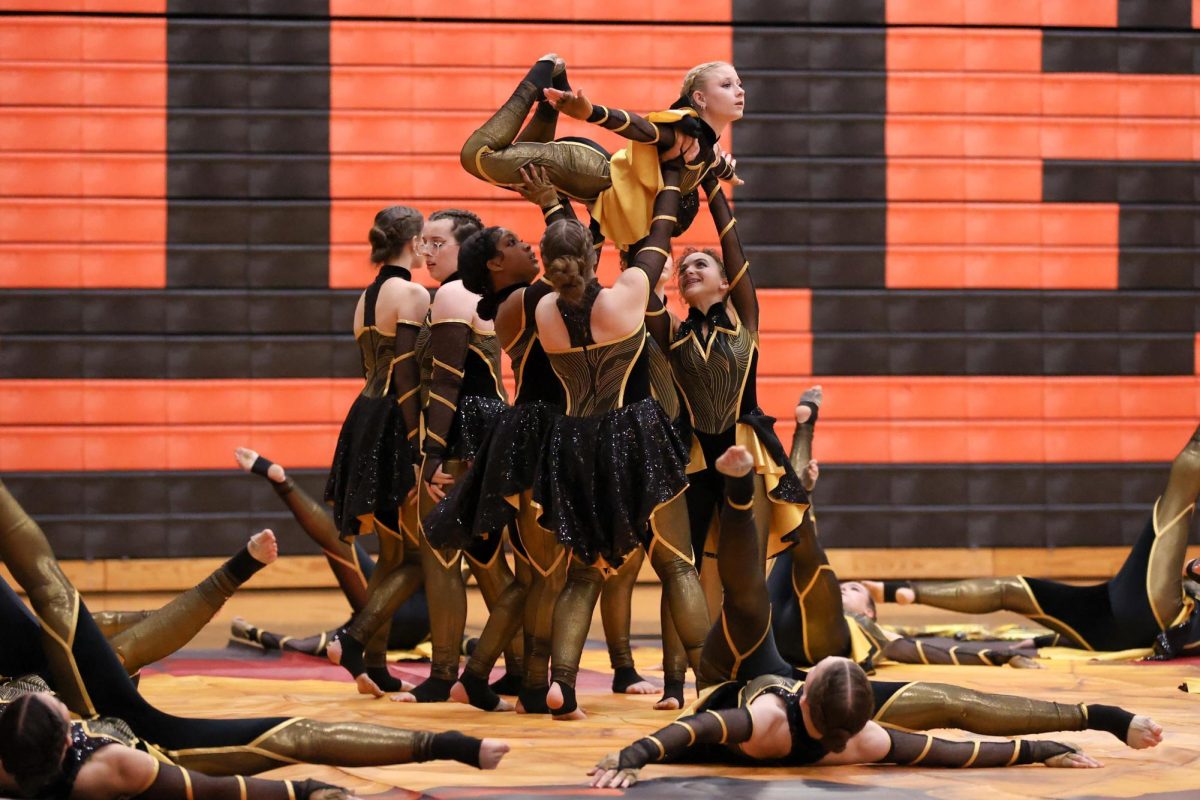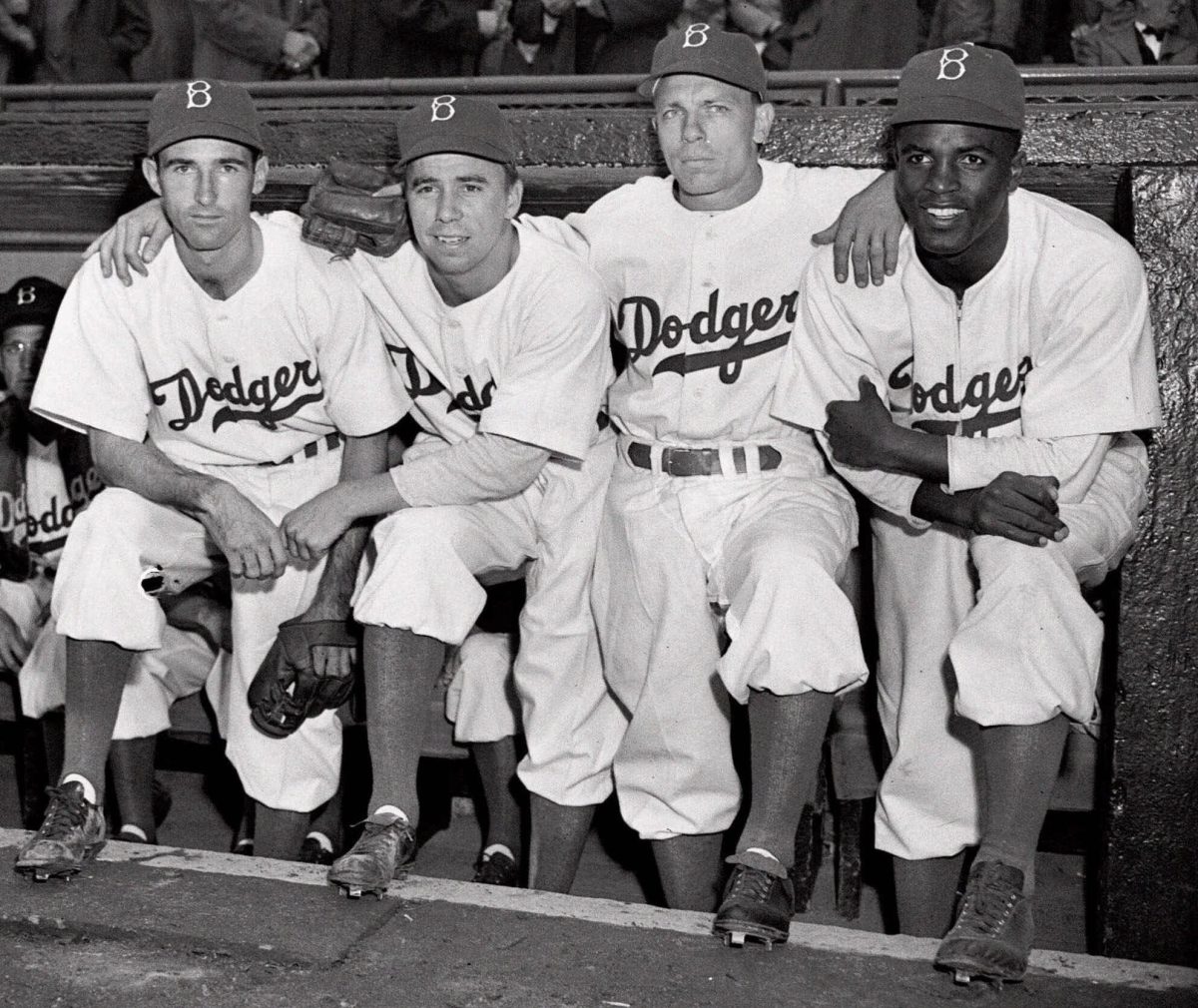The Comedic Tragedy of “Unfortunate Events”
April 5, 2018
Staying true to the original author’s warnings to avoid the sad story, the lyrics of the opening theme song for “A Series of Unfortunate Events” cautions the viewer to “look away. Every single episode is nothing but dismay.”
However, the ironic, gloomy humor and witty dialogue that had the viewer coming back for more in season one secured the series a renewal with Netflix.
On March 31, season two hit the screens with part one and two of books five through nine (out of the original 13): “The Austere Academy,” “The Ersatz Elevator,” “The Vile Village,” “The Hostile Hospital” and “The Carnivorous Carnival.”
After the death of their parents in a fire, orphans Violet, Klaus and Sunny Baudelaire are placed with guardian after guardian while villainous Count Olaf tirelessly pursues the children in hopes of procuring their parents’ fortune.
Still mildly upset by the 2004 movie adaptation’s shortcuts (which received a passable 71 percent on Rotten Tomatoes), I was excited my favorite series from my childhood could join the ranks of Netflix Originals that have captivated the TV-watching world. And after watching season two, “A Series of Unfortunate Events” does deserve the attention.
With a Wes Anderson-style set, consistent alliterations and period-style costumes, the show’s aesthetic brings the book series’s true tone to the screen that its original movie adaptation missed.
Despite the book series’s cult following, it was hard to follow. Instead of disregarding the side plot due to its intricacies (like the 2004 film), the TV adaptation gives it a limelight to blossom under. The show reveals the original series’s many mysteries that keep the reader in the dark. The viewer receives a more explained version of the Baudelaire parents’s many secrets and the secret organization they were a part of.
Three relatively unknown actors star as the three children, roles that are less individualistic and more about the bonds they share. (This applies mostly to the two older children due to the fact that Sunny Baudelaire is an infant.) Louis Hynes, who portrays Klaus, however, brings out his character’s occasional outbursts of frustration and adds unique layers to Klaus Baudelaire.
This show could truly be described as a fairy tale. With ignorant adults not seeing Count Olaf in his countless disguises and secret organizations attempting to help the Baudelaires, the show is fable-like, comparable a tragic Disney movie.
The repetitive storyline and gloomy visuals could’ve keep the viewers away, but “A Series of Unfortunate Events” delivers a surprisingly comedic and ironic tale that bewilders and infuriates, but entertains.











